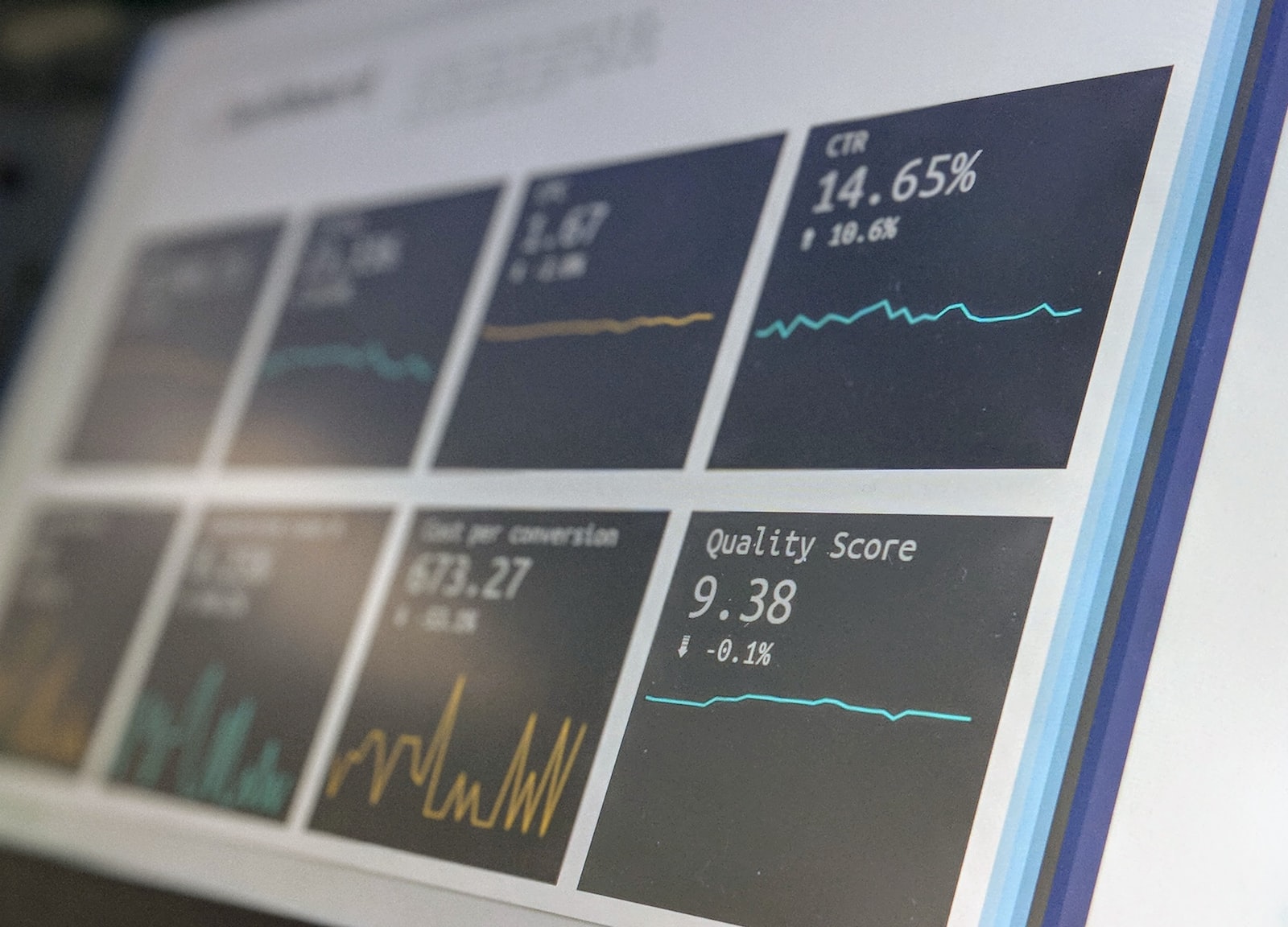The healthcare industry is facing an increasing threat from cyberattacks, with hackers targeting patient data, medical records, and other sensitive information. In recent years, there have been numerous high-profile data breaches in the healthcare sector, highlighting the need for better cybersecurity measures to protect patient data.
One of the main reasons healthcare organizations are vulnerable to cyberattacks is the vast amount of sensitive patient data they hold. This data, which includes personal information such as names, addresses, and Social Security numbers, as well as medical records and insurance information, is highly valuable to hackers. Furthermore, healthcare organizations often have a large number of endpoints, such as medical devices and electronic health records systems, that can be exploited by cyber criminals.
Another reason why healthcare organizations are vulnerable to cyberattacks is that they are often underfunded and understaffed when it comes to IT and cybersecurity. Many healthcare organizations do not have the resources to invest in advanced cybersecurity technologies and hire the staff needed to manage and monitor them.
The consequences of a cyber attack on healthcare organizations can be severe, including the loss of patient data, legal and regulatory fines, and damage to reputation. In addition, cyber attacks can disrupt the delivery of healthcare, leading to delays in treatment and even loss of life.
To protect against cyber attacks, healthcare organizations need to adopt a comprehensive cybersecurity strategy that includes regular security assessments, employee training, and the implementation of advanced security technologies such as firewalls, intrusion detection systems, and encryption.
Moreover, it is important to have incident response plans in place, and to conduct regular testing and drills, so that healthcare organizations are prepared to respond quickly and effectively in the event of a cyber attack.
In addition to the technical measures, healthcare organizations should also establish policies and procedures to govern the collection, storage, and sharing of patient data. They should also conduct regular audits to ensure that these policies are being followed and to identify any areas where improvements are needed.
In conclusion, cybersecurity in healthcare is an essential issue that requires attention, investment and a comprehensive approach. The healthcare sector is a prime target for cyber criminals and protecting patient data is crucial for the safety and well-being of patients, as well as the reputation and financial stability of healthcare organizations.



